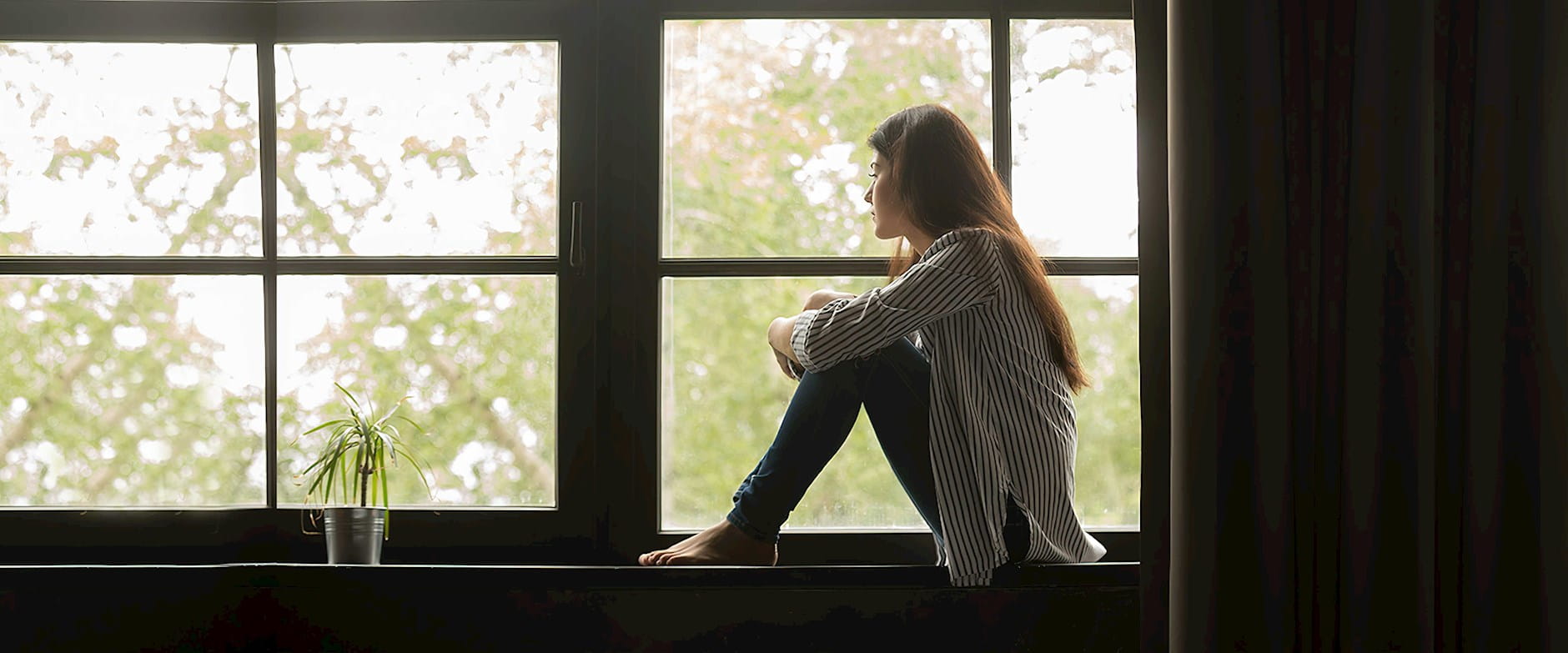One thing that we can expect policy makers to do is help us deal with uncertainty around loneliness, giving clearer answers for how they see this problem unfolding.
Patience is hard, and being patient when you have a lot of uncertainty makes it even harder. So, reminding people that this is temporary, reminding people that this will not last forever, helping people to be patient.
We’re actually, right now, running a few experiments trying to understand what makes people more patient, what makes them feel better about uncertainty, explore communication that reduces the panic without reducing their alertness. I don’t see so much of this so far, and I believe that this is not something that we should expect the medical providers to do. This is not on the people that are already over their heads with trying to save people’s lives. This is on everybody else.
This is a public policy position and should help people know what to expect, how long, what is the range, and what are some ways by which we can all become more patient, understand that this is not the new life. This is a temporary solution. We are all coping with something, it will go away.
There are many uncertainties at the moment. We are not sure how long the health crisis will take to get rid of. It might be a few weeks, it might be a year, we don’t really know. We don’t know what is going to be the economic impact. We don’t know how it will affect our personal lives. If we have kids in school, we don’t know what will happen to their education.
So, there is a lot of concern that goes beyond just worrying about getting sick, which is clearly a major concern by itself.
In terms of what policy makers can do about it, well, I would not give policy makers a high grade for how they’re helping handle it so far. We don’t see a clear message. We see a few that are reacting with a few instructions, and some messages to make us feel more comfortable as people, but mostly we see a lot of contradictory messages, and nothing that addresses the concerns about loneliness, about long-term economic impact, and so on.
We did research on how to get people to be more patient, and what makes it very difficult to be patient often is the uncertainty, just not knowing how long I should be waiting. If you think about the old-time marshmallow test, what makes it really hard for a child waiting to get a marshmallow is that they don’t know how long they’re going to wait. Is it going to be one minute or half an hour?
How long should I wait before I can see my family and my friends? That might make people feel it’s going to take forever, and this is a scary thought. So I would expect policy makers to explain that this is the solution: We are working together, we are making progress, we will resolve it, we are going to get our lives back. The whole discussion is how soon we can get there. We will get there. We can cope with a health crisis.
I want to hear that from policy makers, that we can do it, and we will do it, and that there is some plan in place, or even a plan to have a plan.
